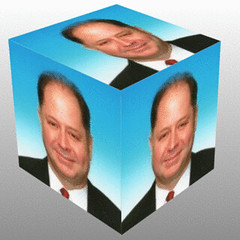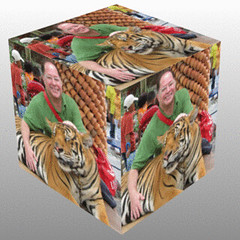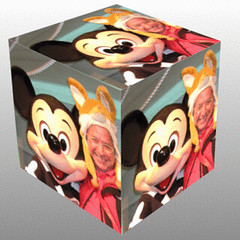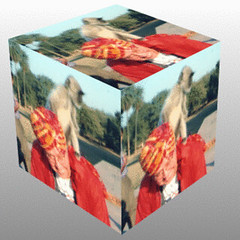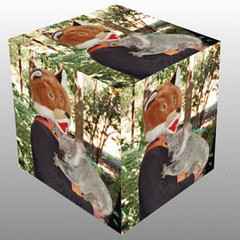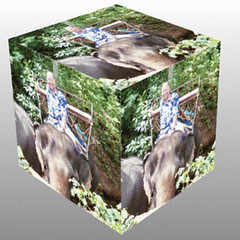Prenatal Development and the Newborn
Conception
Prenatal Development
The Competent Newborn
Infancy and Childhood
Physical Development
Cognitive Development
Social Development
Parents and Peers
Parent Influence
Peer Influence
Thinking About Nature and Nurture
Developing Through the Life Span
Twin and Adoption Studies
Separated Twins
Biological Versus
Piaget’s Theory and Current Thinking
Sensorimotor Stage
Preoperational Stage
Egocentrism
Theory of Mind
Concrete Operational Stage
Formal Operational Stage
Reflecting on Piaget’s Theory
Social Development
Origins of Attachment
Attachment Differences
Secure Attachment
Insecure Attachment
Attachment Differences: Why?
Separation Anxiety
Deprivation of Attachment
Prolonged Deprivation
Child-Rearing Practices
Authoritative Parenting
How Much Credit (or Blame) Do Parents Deserve?
Peer Influence
Adolescence
Physical Development
Cognitive Development
Social Development
Emerging Adulthood
Thinking About Continuity and Stages
Primary Sexual Characteristics
Secondary Sexual Characteristics
Brain Development
Frontal Cortex
Cognitive Development
Developing Reasoning Power
Developing Morality
3 Basic Levels of Moral Thinking
Morality
Social Development
Forming an Identity
Parent and Peer Influence
Emerging Adulthood
Adulthood
Physical Development
Middle Adulthood
Old Age: Sensory Abilities
Old Age: Motor Abilities
Cognitive Development
Aging and Memory
Aging and Intelligence
Social Development
Adulthood’s Ages and Stages
Adulthood’s Commitments
Well-Being Across the Life Span
Successful Aging
Death and Dying
WereVerse Universe Baby!

